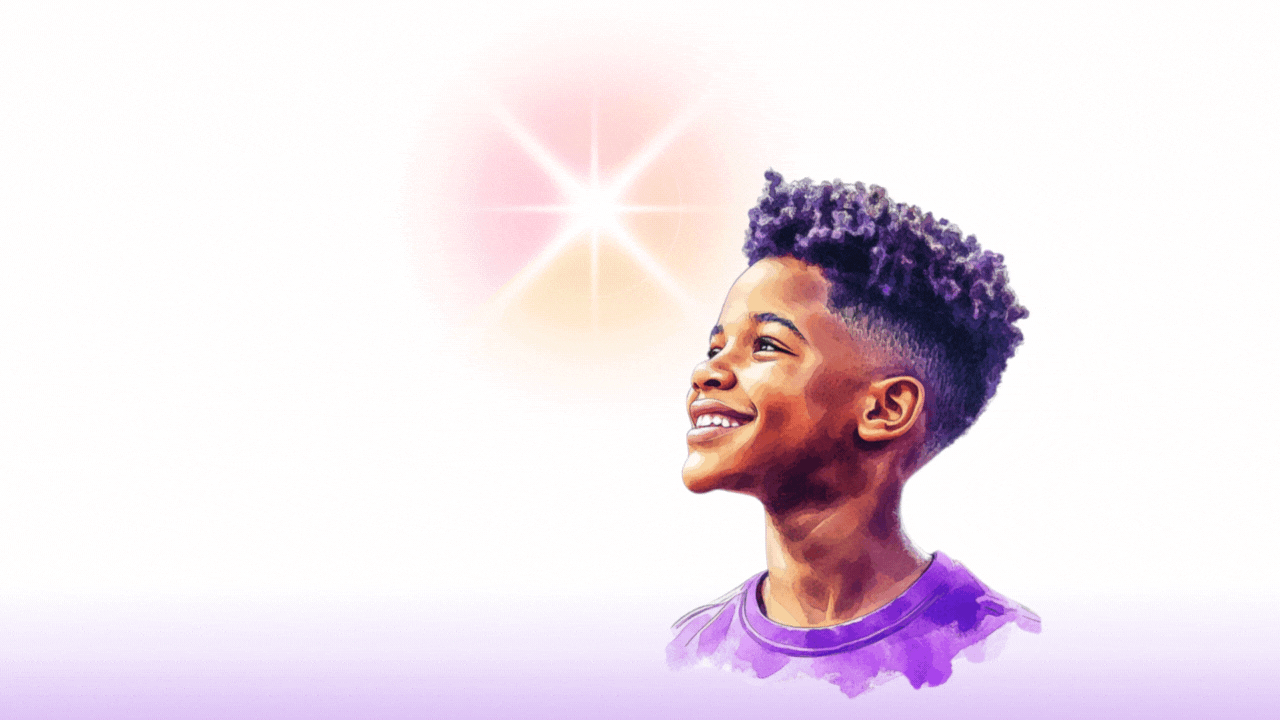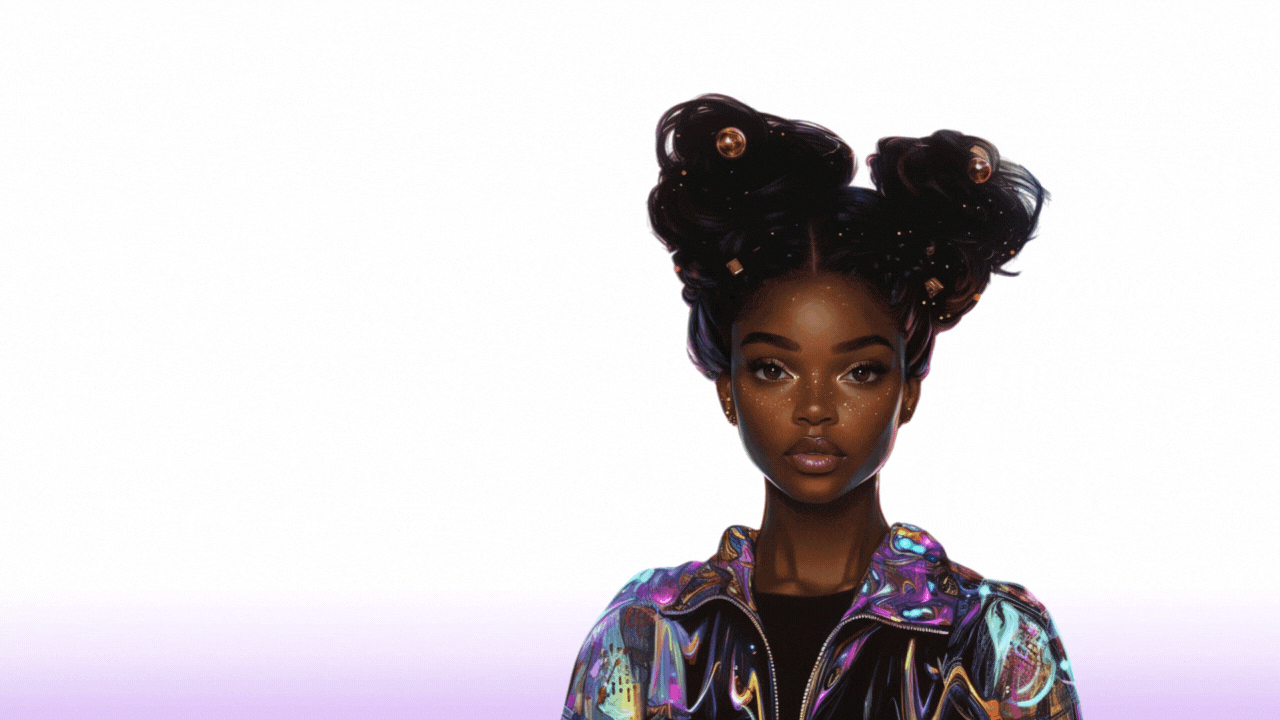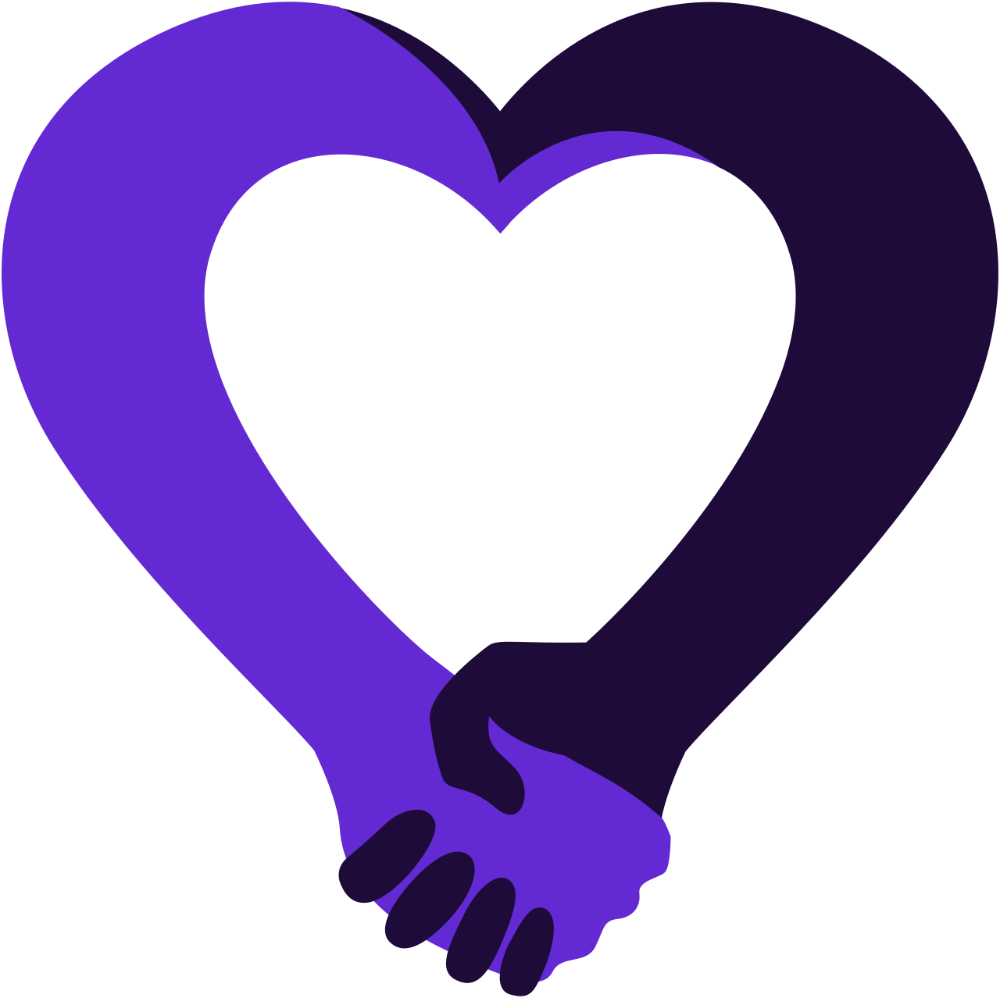Telling children "Don't Be a Baby" is a form of shaming
Jul 23, 2025
I began this series to help educators and families empower children’s self-worth, one word or phrase at a time.
Let's talk about childhood. Childhood is fleeting. These years are meant for growing, learning, and yes, even stumbling. The thing about experiencing childhood is that kids are often in the midst of theirs while we're in the midst of figuring out parenthood, adulthood, and, honestly, cleaning up some of the muck from our own childhoods.
So, with all of that happening at once, sometimes, we forget to let kids be kids. Let them bask in what it is to be a kid and not shame them for that.
Phrases like:
“Stop acting like a baby.”
too often cut into a child’s sense of safety and belonging. We say it when we want them to stop crying, fussing, or needing extra attention. But what they hear is quite different.
Childhood is for learning, not hiding. It's for practice and making mistakes. And I know those mistakes can feel annoying or even add to an already really long day, but it's all a gift.
Let’s give our kids that freedom.
Let’s dive in 👇

What This Phrase Teaches (That We Don’t Mean to Teach)
Saying, "Stop Acting like a baby" seems small. Sometimes even playful.
But it implies: “Grow up fast. Don’t need comfort. Don’t feel so much.” That’s a heavy message. And one children internalize as, “Being me isn’t okay.”
The Harm These Phrases Can Do
-
It Shames vulnerability: Telling kids to stop “acting like a baby” teaches them to fear emotion instead of feel it.
-
Play and expression is necessary for development: Early childhood experts note that play and emotional expression fuel healthy brain development—and ignoring distress can disrupt that growth Montana State UniversityAAP Publications.
-
Shaming Creates Emotional Scars: Research shows shaming undermines self-esteem, increases anxiety, and leads to emotional suppression, even into adulthood.

What to Look For
-
A child who quickly shuts down tears or frustration
-
Hesitancy to ask for help
-
Statements like “I’ll do it myself” even when they’re overwhelmed
-
Increased anxiety or dramatic reactions
These can be signs they’re hiding their heart instead of growing through it.
What to Say Instead
Calm, emotionally honest phrases hold more power than shame:
-
“It’s okay to feel upset. I’m here with you.”
-
“Let me help. Big feelings aren’t bad.”
-
“This feels hard. Do you want a hug or a moment?”
We’re not rewarding "misbehavior." We’re teaching emotional resilience.
What's interesting is that while working on this newsletter, I'm listening to the song "Last Time (I Seen the Sun)," which is a song on the film Sinners' soundtrack. It's now one of my favorite songs.
Anyway, the song is about one of the best days in some of the character's lives. It was the last time some of them saw the sun, the last time some were even alive, and the last time the twins Smoke and Stack were together.
As I'm writing this, I can't help but think about how childhood is sometimes the best part of some people's lives... and for some the worst. Mine wasn't great and when I was a kid, I would tell myself, "My adult life is going to be amazing because I will make it so." And I did. Kids don't want much, really and if you're here, reading this, that means, you're committed to helping them have the best experience possible.
I really dig that.
Keep Evolving!
Gahmya Drummond-Bey
Additional Resources
Evolved Kid | Big hearts. Big thoughts. Bright futures.

